With several African countries now expanding COVID-19 testing, the World Health Organization (WHO) and the Africa Centres for Disease Control and Prevention (Africa CDC) have launched a network of laboratories to reinforce genome sequencing of the severe acute respiratory syndrome coronavirus 2 (SARS-CoV-2), the virus that causes COVID-19, in Africa.
Twelve specialized and regional reference laboratories in the network will provide sequencing, data analysis, and other technical support services to the countries where they are located as well as to neighboring countries and countries in their sub-regions.
“As we continue to tackle the COVID-19 pandemic in Africa, being able to not only track its evolution but also assess the possible mutation of the virus is crucial to mounting an effective response,” said Dr. Matshidiso Moeti, WHO Regional Director for Africa. “Through this new laboratory network dedicated to genome sequencing, we can better develop vaccines and treatment which are tailored to Africans and eventually bring COVID-19 under control.”
Ongoing sequencing is already providing crucial information for determining the type of SARS-CoV-2 lineage circulating in some countries. It has shown that most of the SARS-CoV-2 genomes circulating in Africa are assigned to the B.1 lineage which emerged from the epidemic in Europe.
In Africa, ten lineages have been identified and more than 80,000 sequences have been produced globally. Grouping viruses from different countries into the same lineage or sub-lineage has indicated a linkage or importation of viruses between countries. Countries such as the Democratic Republic of the Congo (DRC) and South Africa are experiencing localized transmission, while there is also the importation of cases in the DRC from Ghana, Morocco, and Senegal.
“In 2019, Africa CDC launched the Institute for Pathogen Genomics to support the integration of pathogen genomics and bioinformatics into public health surveillance, outbreak detection, and investigations, and improve disease control and prevention in Africa. The establishment of the COVID-19 sequencing network will help improve surveillance in the continent and help countries to effectively manage and control the pandemic. As the COVID-19 pandemic curve flattens in Africa, we must be prepared for a possible resurgence as already observed in some countries. With genomic sequencing we can have a better understanding of the pandemic through more precise identification of transmission clusters,” said Dr. John Nkengasong, Director of Africa CDC.
Africa CDC and WHO together with other partners is providing the Member States with sequencing equipment, reagents, and technical support to accelerate SARS-CoV-2 sequencing in Africa. A total of 2016 sequences from 18 countries – Algeria, Benin Republic, Cameroon, DRC, Egypt, Gambia, Ghana, Kenya, Madagascar, Mali, Morocco, Nigeria, Senegal, Sierra Leone, South Africa, Tunisia, Uganda, and Zambia – have already been generated.
This WHO and Africa CDC partnership to establish a COVID-19 sequencing laboratory network is very important in determining the response to a given SARS-CoV-2 strain and in helping countries manage localized or imported transmission.

 With several African countries now expanding COVID-19 testing, the World Health Organization (WHO) and the Africa Centres for Disease Control and Prevention (Africa CDC) have launched a network of laboratories
With several African countries now expanding COVID-19 testing, the World Health Organization (WHO) and the Africa Centres for Disease Control and Prevention (Africa CDC) have launched a network of laboratories 





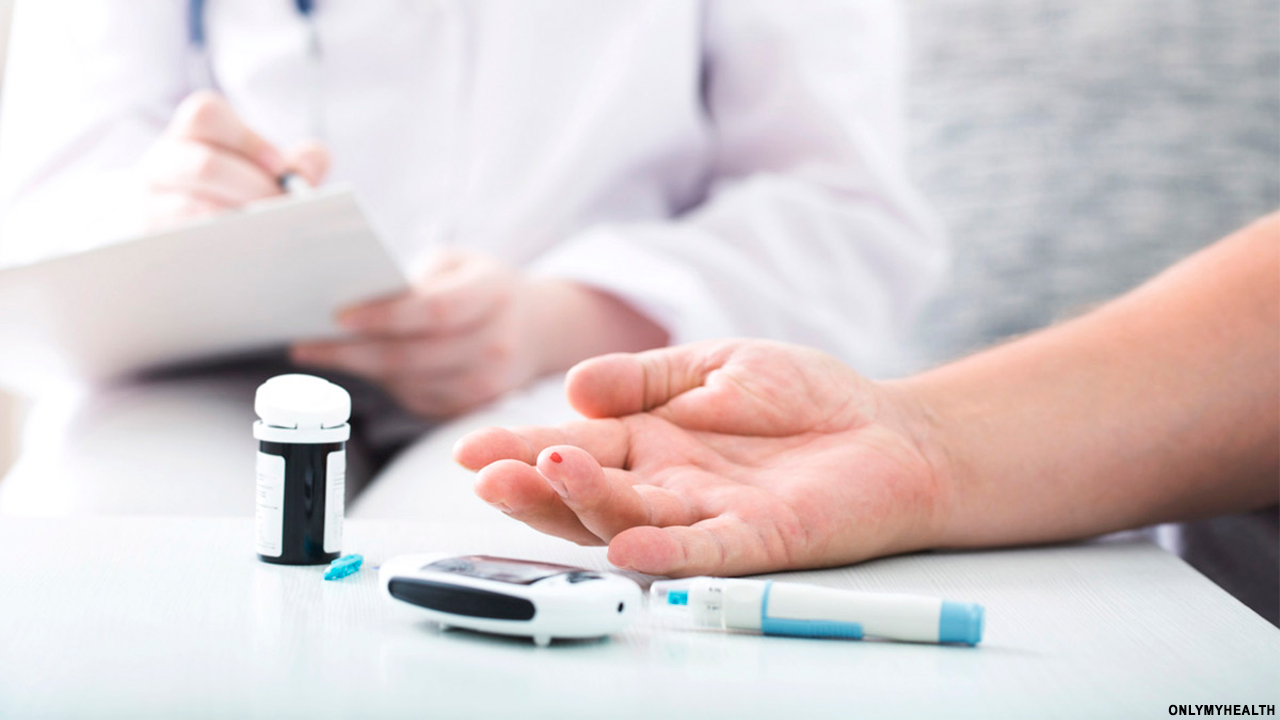
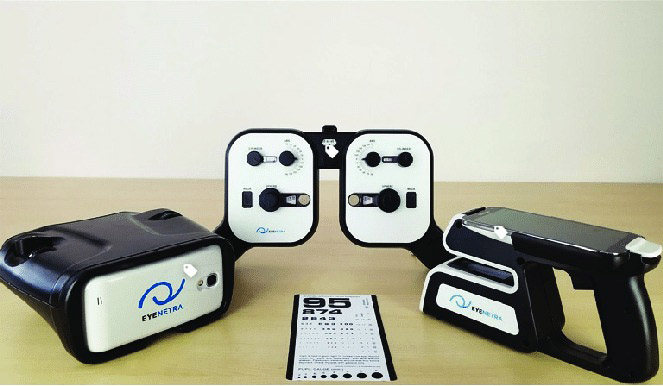
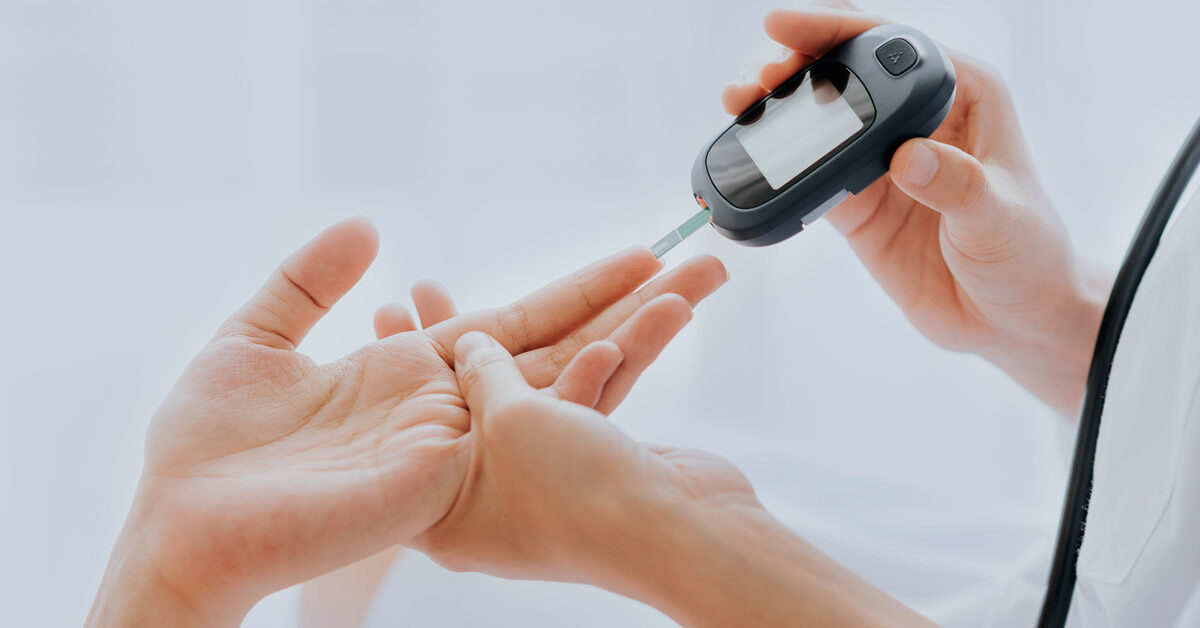

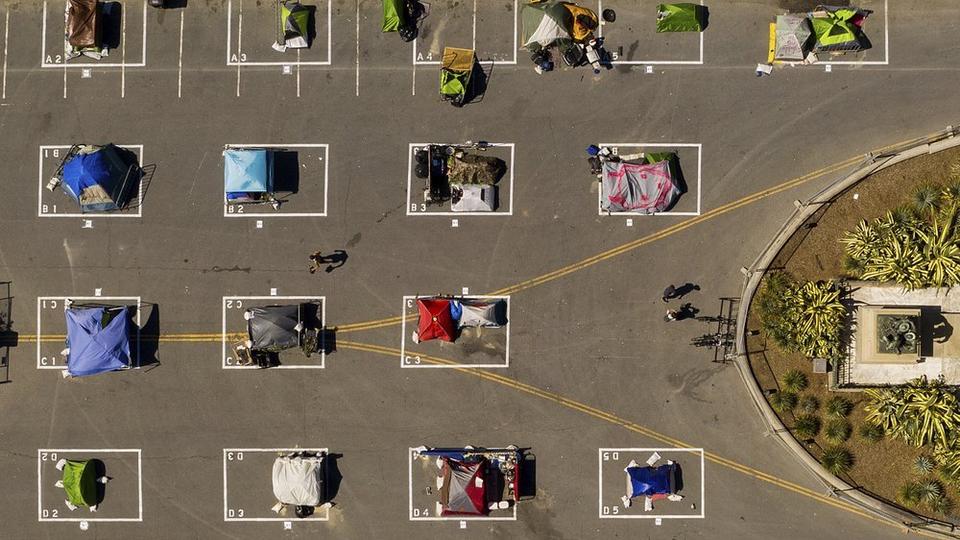
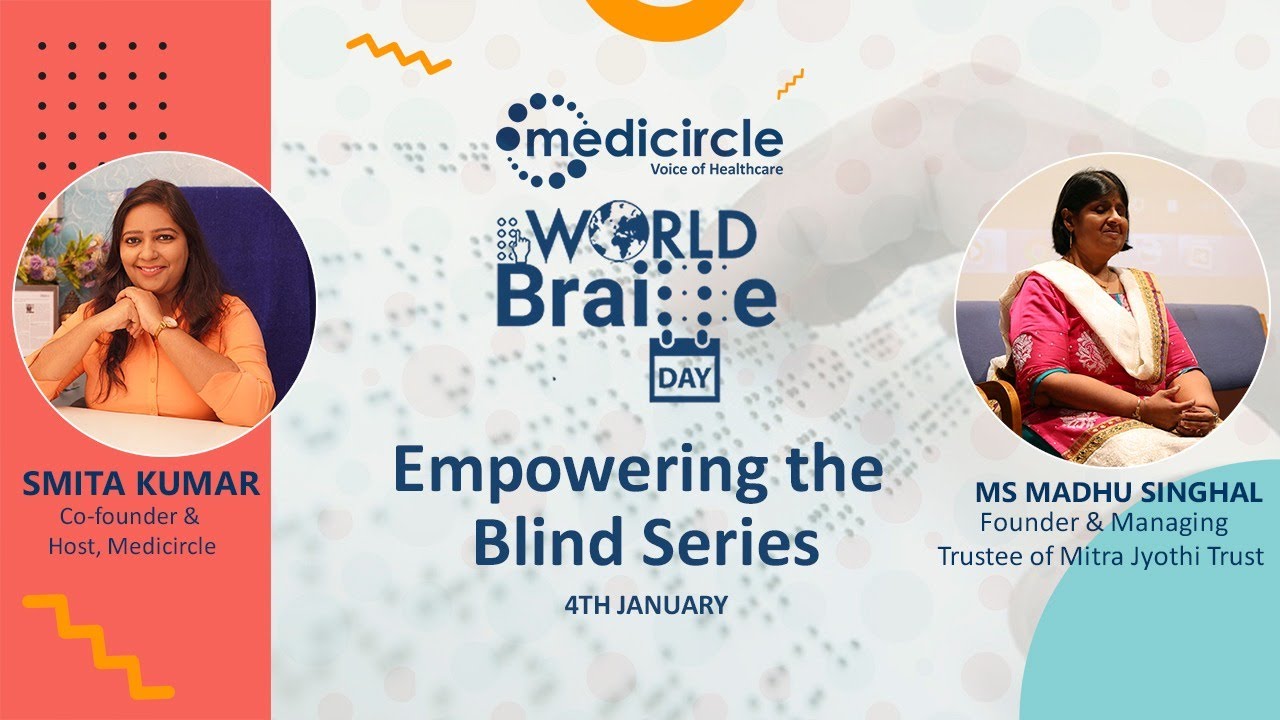
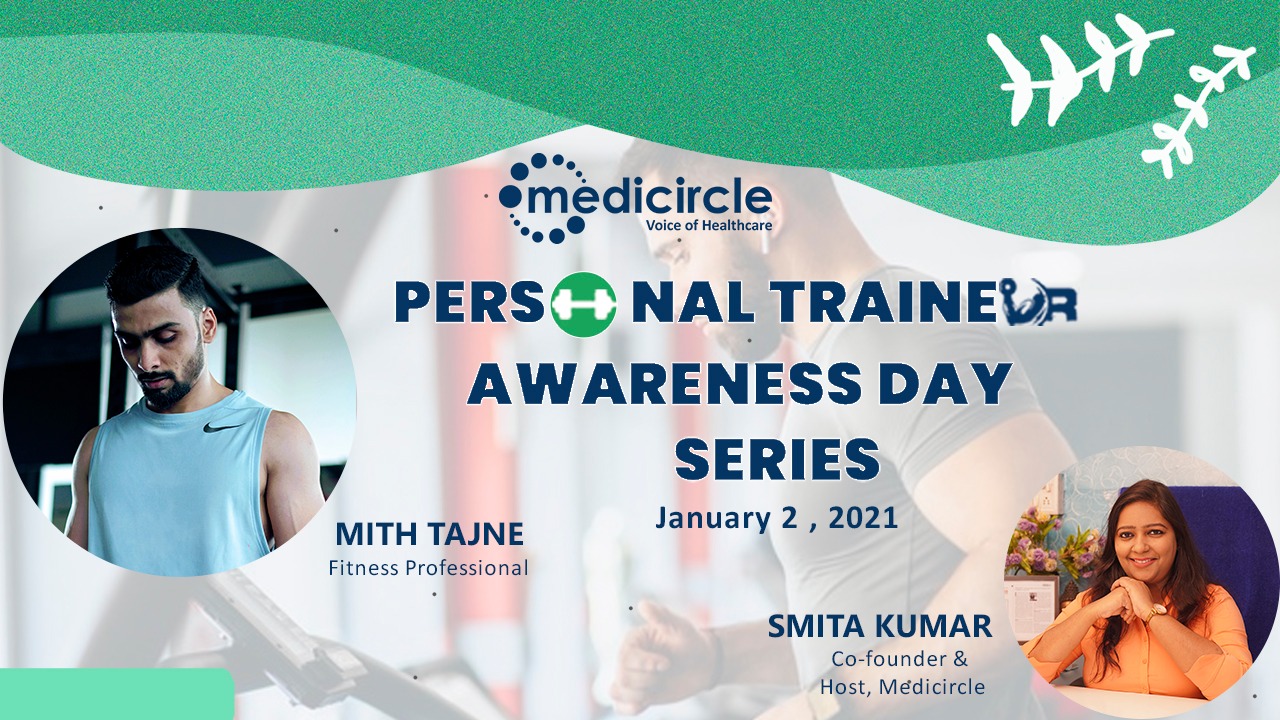
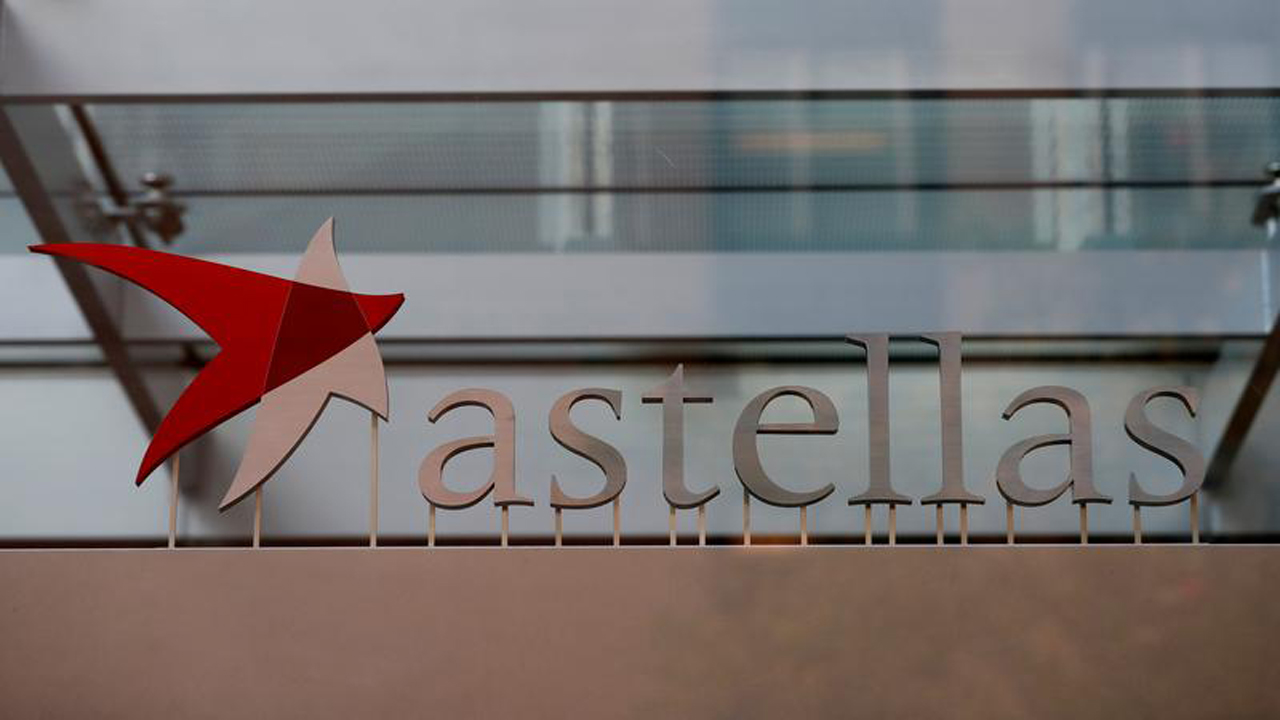
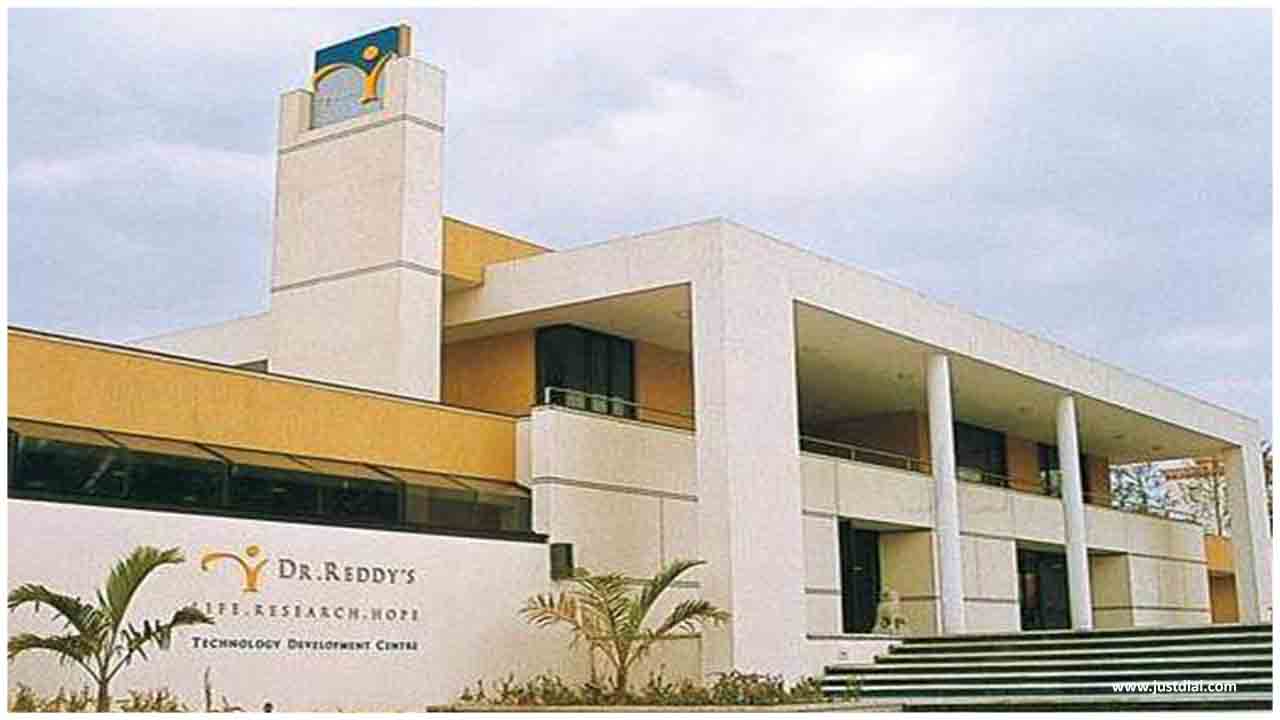





.jpeg)

.jpeg)










.jpg)




.jpg)

